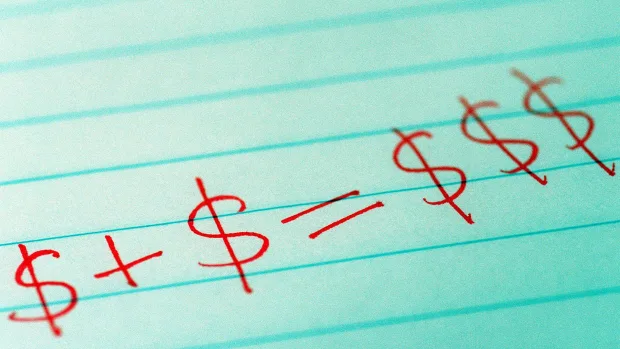When you set up your discretionary trust, it was for a specific purpose – whether asset protection, tax minimisation, or building a family wealth structure.

However, like a mobile phone, once popular features may have gone by the wayside. Therefore, it is essential to have a modern, up-to-date discretionary trust deed.
So, let’s dive into our six compelling reasons to update your discretionary trust deed:
1) Ensure a Line of Appointors:
Just like a company, the Australian Securities and Investment Commission has cautioned against having only one director. The same principle applies to a discretionary trust. The Appointor is the ultimate authority behind the trust. Without a clear line of succession, spanning at least two or, preferably, three generations, issues may arise if the trust is left without an appointor.
2) Improved Asset Protection:
It is crucial to ensure that there is a corporate trustee (or the trustees are exposed personally to any litigation) and that the directors of the corporate trustee have successor directors in place in the event that they become sick, disabled, die or are litigated against. The director may resign from their role, and a close family member or associate can take their place to ensure business continuity.
3) Quarantining for blood relatives only:
Your trust is not built for blood relatives’ beneficiaries and protection, while our modern discretionary trust deeds provide that security, ensuring your children’s de facto cannot access assets in the trust in the event of separation.
4) Ease of Use and Administration:
Each year, the trustee must prepare detailed trust distribution minutes detailing how income from the Trust is to be distributed amongst beneficiaries. Failure to distribute all income properly means that there will be a 45% tax to pay. With a modern deed tied into corresponding trust distribution minutes, the task is more effective, quicker and less prone to costly tax penalties.
5) Income Tax Regulation Changes:
Every year, the ATO reminds all trustees, accountants, and professionals that unless there is a Trust Resolution to allocate income to beneficiaries each year, the trustee can be held liable for 45% tax on any income that has not been assigned to beneficiaries.
6) Significant changes happening:
Each state has put in place a land tax surcharge on property held in a discretionary trust that does not explicitly exclude foreign person beneficiaries. Most modern discretionary trust deeds allow for this to exclude foreign persons and ensure that the accounting standards changes that require expensive “financial accounts” do not apply. Both of these recent measures can prove extra costly if they are not considered.
If you would like our help with this or you have a couple of questions, feel free to get in touch with us.
A PDF version of this document is available here



